P0030 Code – Heated oxygen sensor 1, bank 1, heater control -circuit malfunction
DTC P0030 is a diagnostic trouble code that indicates an issue with the oxygen sensor heater control circuit for Bank 1, Sensor 1. In general, this code refers to a malfunction in the heating element circuit of the upstream oxygen sensor (also known as the air/fuel ratio sensor) located before the catalytic converter in Bank 1 of the engine.
The oxygen sensor plays a crucial role in monitoring the oxygen content in the exhaust gases (read more). The oxygen sensor heater control circuit is responsible for providing the necessary heat to quickly bring the sensor to its operating temperature. This helps the sensor function optimally, especially during cold engine starts, by providing accurate readings to the engine control unit (ECU) or powertrain control module (PCM).
When the OBD-II P0030 code is triggered, it indicates that there is a fault in the oxygen sensor heater control circuit. The specific cause can vary and may include issues such as a faulty oxygen sensor, a damaged or shorted heater circuit, wiring problems, or a malfunctioning ECM/PCM.
Fixes for OBD-II Code P0030
Here are some general steps that can help in resolving the problem:
Inspect the wiring and connectors: Start by visually inspecting the wiring harness and connectors related to the oxygen sensor. Look for any signs of damage, fraying, or loose connections. Ensure that the connections are secure and free from corrosion.
Test the oxygen sensor: Use a multimeter or an appropriate diagnostic tool to test the oxygen sensor’s functionality. Check for proper voltage and resistance readings, paying particular attention to the heater circuit. If the oxygen sensor is found to be faulty, it will need to be replaced.
Check the heater circuit fuse: Locate and inspect the fuse associated with the oxygen sensor heater circuit. If the fuse is blown, it should be replaced with a fuse of the correct rating. However, a blown fuse typically indicates an underlying electrical issue that should be addressed to prevent the fuse from blowing again.
Examine the heater circuit wiring: Thoroughly examine the wiring for the oxygen sensor heater circuit. Look for any signs of damage, such as breaks or shorts in the wires. Repair or replace any damaged wiring as necessary.
Verify the ECM/PCM operation: In some cases, a malfunctioning engine control unit (ECU) or powertrain control module (PCM) could be causing the P0030 code. Perform a thorough diagnostic check of the ECU/PCM to ensure it is operating correctly. If a fault is detected, repair or replace the ECU/PCM as recommended by the manufacturer.
Clear the code and perform a test drive: After addressing the underlying cause, clear the fault code using an OBD-II scanner. Take the vehicle for a test drive to ensure that the code does not reappear and that the oxygen sensor is functioning properly.
It’s important to note that the steps provided are general guidelines, and the exact procedure may vary depending on the specific vehicle make, model, and year. If you are unsure or uncomfortable with performing these steps yourself, it is recommended to seek assistance from a qualified mechanic or a dealership technician who has the necessary tools and expertise
Related DTCs to P0030
There are some codes that likely would have been shown along with the aforementioned code: P0050.
FAQs
How much does it cost to fix the code P0030?
In general, the cost to fix the P0030 code can range from $100 to $500 or more. This estimate includes the cost of diagnosing the issue, repairing or replacing the faulty components, and labor charges. However, keep in mind that these figures are rough estimates and can vary significantly.
To get an accurate estimate for fixing the P0030 code on your specific vehicle, it is recommended to consult with local repair shops or dealerships. They can provide you with a more precise estimate based on the vehicle’s make, model, and the required repairs.
Can I continue driving with the P0030 code?
Continuing to drive with the P0030 code is not recommended. This may lead to reduced power, poor fuel economy, and increased emissions. Additionally, it can cause further damage to the engine components. Over time, this can result in more extensive and costly repairs.
How is the code P0030 serious?
The code P0030 is considered a moderately serious issue. While the vehicle may still be drivable with the P0030 code, it is advisable to have the issue diagnosed and repaired as soon as possible.
We do an efforts to find, research and recommend the best products. So, we may receive commissions from purchases that you make after following the links in our product reviews.



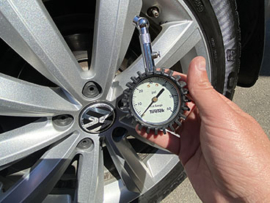
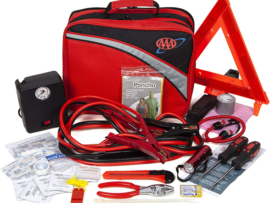
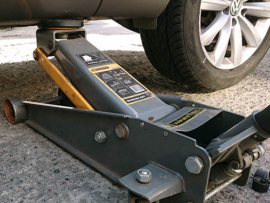
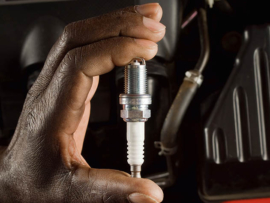
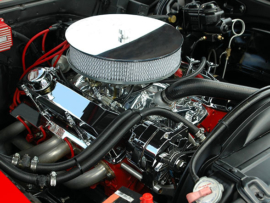
Leave A Comment